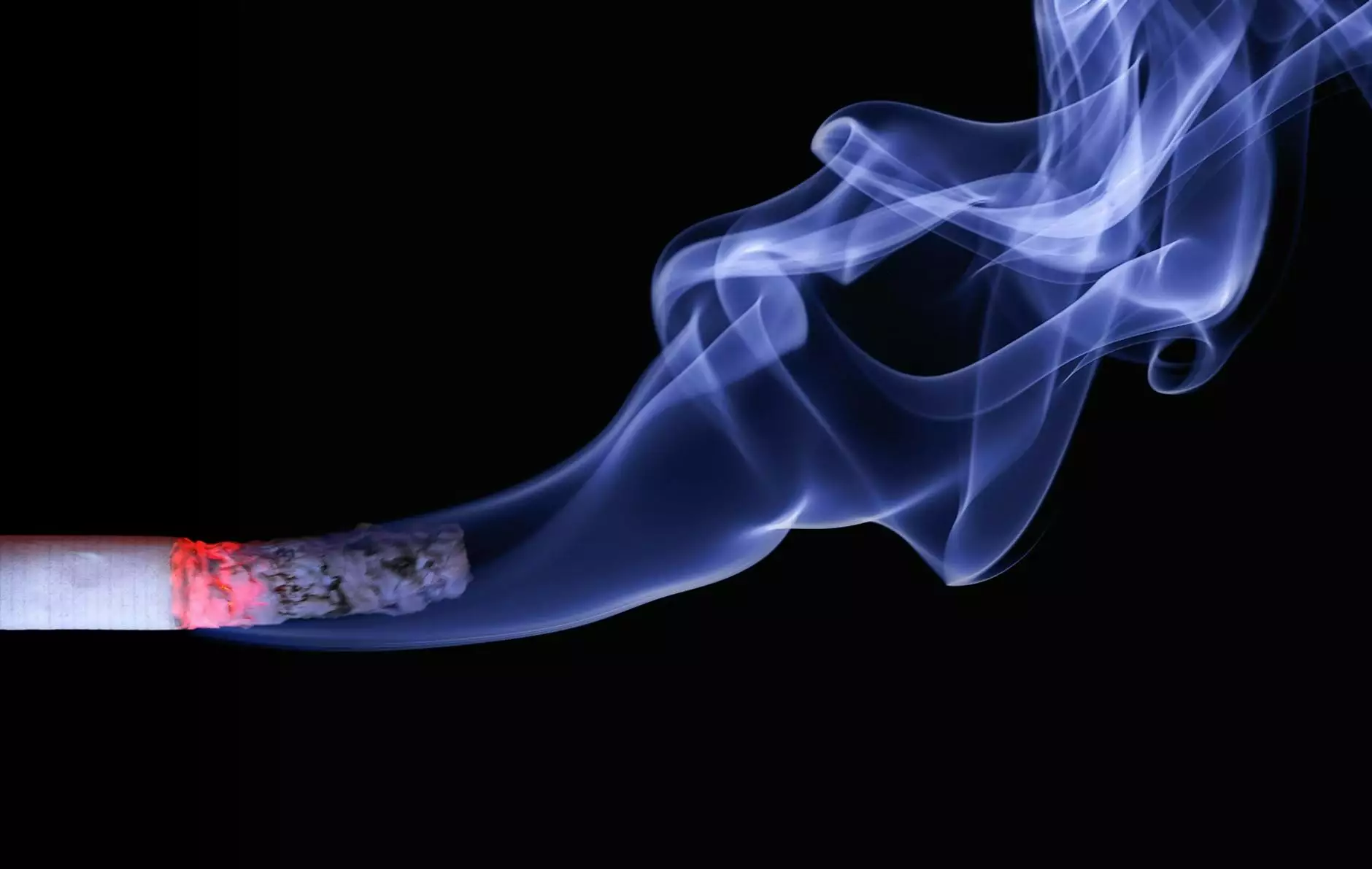Understanding the Importance of Lung Scans for Ex-Smokers

For many, quitting smoking is a significant triumph in the journey toward better health. However, the legacy of smoking can often leave its mark, particularly within the lungs. Thus, lung scans for ex-smokers emerge as a crucial component of ongoing health monitoring. This article delves into the benefits, types, and necessity of lung scans for those who have turned away from tobacco.
The Impact of Smoking on Lung Health
Smoking is a leading cause of preventable diseases and premature death worldwide. It adversely affects nearly every organ in the body, especially the lungs. Understanding the implications of smoking is vital before we explore lung scans:
- Chronic Obstructive Pulmonary Disease (COPD): Long-term smoking contributes to conditions like emphysema and chronic bronchitis.
- Higher Cancer Risk: Smokers are at a significantly increased risk of lung cancer, even years after quitting.
- Impaired Lung Function: Smoking can lead to decreased lung capacity and chronic cough.
Even after cessation, ex-smokers may experience lingering effects. Regular lung scans serve as a proactive approach to maintaining lung health and addressing potential concerns early.
What Are Lung Scans?
Lung scans are imaging tests used to examine the lungs for abnormalities. These scans can take various forms, each providing insights into lung health. Common types include:
- Chest X-Rays: Basic imaging to identify visible issues such as tumors or infections.
- CT Scans: More detailed images that offer a comprehensive view of lung structure and can reveal early signs of diseases like lung cancer.
- Low-Dose CT Scans: Specifically recommended for high-risk individuals, including long-term smokers and ex-smokers, for early lung cancer detection.
These imaging techniques are essential tools in diagnosing and monitoring lung health, particularly for those with a history of smoking.
Why Ex-Smokers Should Consider Regular Lung Scans
For ex-smokers, the journey to protect their health does not stop at quitting. Here are compelling reasons to make lung scans for ex-smokers a priority:
1. Early Detection of Lung Cancer
The primary concern for ex-smokers is the risk of lung cancer, which remains elevated long after quitting. Low-dose CT scans are highly effective in detecting lung cancers at an earlier stage when treatment options are more effective. Studies have shown that regular screenings can reduce mortality rates in high-risk groups by making earlier interventions possible.
2. Monitoring Chronic Conditions
Ex-smokers are at a heightened risk for chronic respiratory conditions. Lung scans can help monitor any progression of diseases such as COPD, allowing for timely interventions that can significantly improve quality of life.
3. Providing Peace of Mind
Health anxiety can often plague ex-smokers. Regular scans not only play a critical role in monitoring lung health but also provide comfort and reassurance through tangible health data, allowing individuals to focus on maintaining a healthy lifestyle without the looming fear of unknown complications.
4. Personalized Health Care Plans
Results from lung scans can guide healthcare providers in creating personalized health care plans tailored to the needs of the ex-smoker. This proactive approach can incorporate lifestyle changes, medication management, and further diagnostic testing when necessary.
When Should Ex-Smokers Get Lung Scans?
While the necessity for lung scans may vary based on individual risk factors, guidelines suggest the following:
- Age Consideration: Ex-smokers aged 50 years and above should consider annual lung scans.
- Smoking History: Those with a history of heavy smoking (more than 20 pack-years) should prioritize regular screenings.
- Symptoms of Lung Issues: Irrespective of age, any persistent cough, shortness of breath, or unexplained weight loss should prompt an immediate consult with a physician.
Consultation with a healthcare provider is crucial in determining the appropriate screening schedule for individual health needs.
Preparing for Your Lung Scan
Preparation for a lung scan is straightforward, yet some key points should be kept in mind:
- Inform Your Doctor: Always discuss your complete medical history, including your smoking history, and any symptoms you may have.
- Avoid Smoking: If you still smoke or have recently quit, let your healthcare provider know, as this can affect the results.
- Dress Comfortably: Wear loose-fitting clothes that can be easily adjusted, as you may need to change into a hospital gown.
- No Jewelry or Metal: Avoid wearing any metallic items that can interfere with imaging results.
What to Expect During the Scan
Being familiar with the process can ease anxiety. Here’s what to expect during a typical lung scan:
- Positioning: You will be asked to lie down on a scanning table, and the technician may position you in various ways depending on the specific lung scan being performed.
- Breath Control: You might be instructed to hold your breath briefly while the images are captured.
- Duration: Most lung scans take less than 30 minutes, making them a swift procedure with minimal disruption to your day.
Interpreting Your Lung Scan Results
Once the scan is complete, a radiologist will analyze the images and report any findings to your doctor. It’s essential to understand your results thoroughly:
- Clear Results: A clear scan typically indicates no significant issues, providing peace of mind.
- Abnormal Findings: If the scan reveals any abnormalities, your healthcare provider will discuss potential next steps, which may include further testing or a referral to a specialist.
Living a Healthy Life After Quitting Smoking
While lung scans are an essential tool, maintaining a healthy lifestyle post-smoking is equally crucial. Here are practical tips to support lung health:
- Quitting Smoking: The single most beneficial decision for lungs is to stop smoking entirely.
- Regular Exercise: Engage in physical activities that promote lung health, such as walking, swimming, or aerobics.
- Healthy Diet: A balanced diet rich in antioxidants can support lung function. Incorporate fruits, vegetables, and whole grains.
- Stay Hydrated: Drinking plenty of water helps maintain mucus membranes and improves overall respiratory health.
- Regular Checkups: Annual health assessments are vital for monitoring lung health, especially for ex-smokers.
- Avoid Pollution: Try to minimize exposure to outdoor pollutants and indoor irritants; consider using air purifiers if necessary.
Conclusion
The journey toward healthier lungs after quitting smoking is an ongoing commitment. Lung scans for ex-smokers play a vital role in this process, providing early detection, monitoring of lung health, and contributing to peace of mind. By remaining vigilant and proactive, ex-smokers can significantly enhance their quality of life and reduce the risks associated with their past smoking habits. If you or a loved one is an ex-smoker, consult with a healthcare professional about establishing a routine for lung scans to ensure continued respiratory health. Your lungs deserve the best care possible.
lung scans for ex smokers








